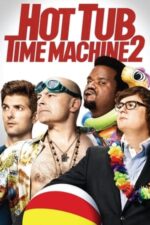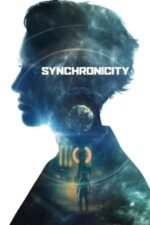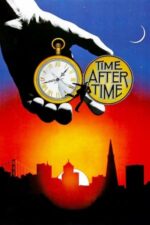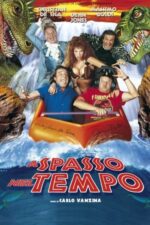The Clock is Ticking: Exploring Our Obsession With Time Machines in Film
Isn’t it fascinating how much we humans yearn to control time? We build calendars, obsess over deadlines, and yet, deep down, there's this persistent fantasy of bending its rules – of revisiting the past or glimpsing the future. And that yearning has fueled a remarkable number of films centered around one irresistible concept: the time machine.
It’s more than just about zipping through history; these stories often tap into something profound about regret, ambition, and our place in the grand scheme of things. Take My Neighbor Ed, for example. It's not a flashy sci-fi adventure. Instead, it presents this quiet, heartbreaking image of an elderly man consumed by building a time machine – less about altering history and more about escaping his own present loneliness. It’s a poignant reminder that sometimes our grandest projects are driven by the most human needs.
Then you have films like Maybe…, which really wrestle with the ethical implications. What if you could fix your mistakes? The film cleverly explores how even well-intentioned meddling can unleash unforeseen consequences, creating a cascade of problems far worse than the original issue. It’s a cautionary tale that echoes throughout time travel narratives – messing with the past is rarely as simple as it seems (think Back to the Future, but with significantly higher stakes!).
The sheer variety in how filmmakers have tackled this concept is incredible. We've got the high-concept, action-packed adventure of Three Musketeers: Time Machine 001, a delightfully bonkers premise involving interdimensional travel and saving Earth from a tyrannical queen – it’s pure cinematic fun! And then there’s Timestalkers, which blends historical mystery with a touch of romance, demonstrating how time travel can be used to explore complex relationships and the fragility of existence.
Even films that don't explicitly feature a machine—like Mysterious Island—can evoke that sense of displacement and wonder associated with temporal anomalies. Being stranded in an unknown era, disconnected from your own reality… it’s a powerful feeling.
Finally, Time Changer, with its professor transported to the future to see the impact of his writings, offers a particularly thoughtful perspective. It's less about altering events and more about understanding how ideas ripple through time, shaping societies in ways we can never fully predict. It reminds us that even seemingly small actions have consequences that extend far beyond our immediate grasp.
So, what draws us to these stories? Perhaps it’s the inherent hope of redemption, or maybe just the sheer thrill of imagining a world where the rules are different. Whatever the reason, the time machine remains a potent symbol in cinema – a mirror reflecting our deepest desires and anxieties about the relentless march of time.







































